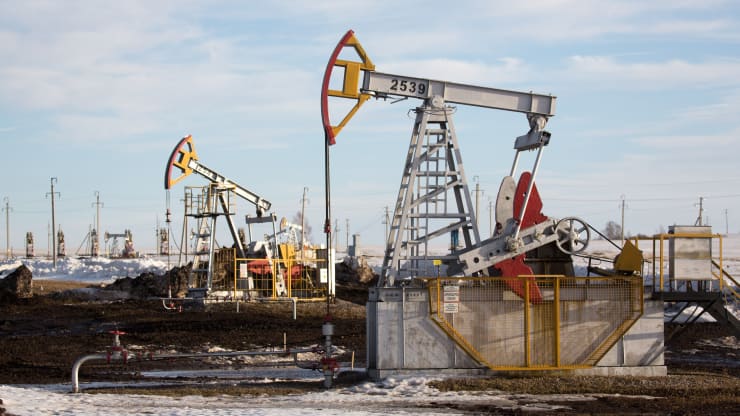- ‘One Million Barrels Daily Capacity Deepwater Projects Need Funding’
The Minister of State for Petroleum Resources, Dr. Ibe Kachikwu, has said about three or four deepwater projects with capacity to add 750,000 barrels to one million barrels to Nigeria’s daily production need funding.
Kachikwu, who made this disclosure in the latest edition of Organisation of the Petroleum Exporting Countries (OPEC) Bulletin, noted that about 250,000 barrels deep-water project are potentially ready to come on stream sometime late next year.
He said: “One of the things the government undertook, which has been very helpful, is a cash call policy to deal with debts. We signed agreements on how to pay off existing backlogs, and this brought back confidence. We have a new model on how to deal with the cost of oil.”
He added that these policies have helped boost funding. “On the back of this certainty, we need to go back to look at costs. We have one of the highest production costs among OPEC countries, and we need to work on that.”
President Mohammadu Buhari had said the petroleum industry remained critical to the Nigerian economy. “The golden era of high oil prices may not be here now, but oil and gas resources still remain the most immediate and practical keys out of our present economic crisis,” he added.
The Minister further identified the downstream as another area requiring urgent attention, in which a ministerial directive had been issued to have all refineries up and running by 2019.
“Many teams have been set up to deal with the issue, and there is a lot of financing interest. I hope that by the end of December, we will attain the financing we need. But infrastructure is a major gap in the oil industry in Nigeria, so we need to think outside of the box.”
Kachikwu noted that the plants’ life is about 40 years, “and the refineries are in dire need of replacement, but there is no money in reserve for that. Price models from the private sector are the only alternative.
“We have to tariff them or concession them and be able to move forward. We need to do that like yesterday. As to changes in the country’s policy structure, the all-embracing petroleum policy is moving ahead, and all indications are that a rudimentary Petroleum Industry Bill (PIB) should be passed by the end of the year.”
The first two deadlines are complete, and once we do that, we will capture the A–Z of all the policies we need. Now we need to move from policies to directives, and regulation of these policies. We work so often with the National Assembly to finalise work on the PIB,” he said, adding the whole house is working on the PIB. This will show the business models we are going to embrace, and how we will deal with environmental issues.”
The Minister also revealed there is shift in the gas policy, saying: “the business model is going to change from being an oil producer to being a gas producer with a lot of oil reserves, because that’s really what we are.
Incentives are underway for gas produced on a non-associated basis, most of which now goes to associated plants.”He argued that proper incentives will aid in gas exploration. “Regarding gas flaring, great progress has been made, a 2020 deadline has been set, and the country is already 70 per cent compliant with expectations, and is hoping to be 100 per cent compliant by the 2020 deadline. Part of that is a gas commercialisation programme, which was launched as a policy in the Ministry. Gas is taken straight from the flare and put into practical use. It’s going very well, faster than we thought, so we are happy about it.”


 Naira4 weeks ago
Naira4 weeks ago
 Naira4 weeks ago
Naira4 weeks ago
 Travel4 weeks ago
Travel4 weeks ago
 Naira3 weeks ago
Naira3 weeks ago
 Jobs4 weeks ago
Jobs4 weeks ago
 Naira4 weeks ago
Naira4 weeks ago
 Investment4 weeks ago
Investment4 weeks ago
 Travel4 weeks ago
Travel4 weeks ago
























